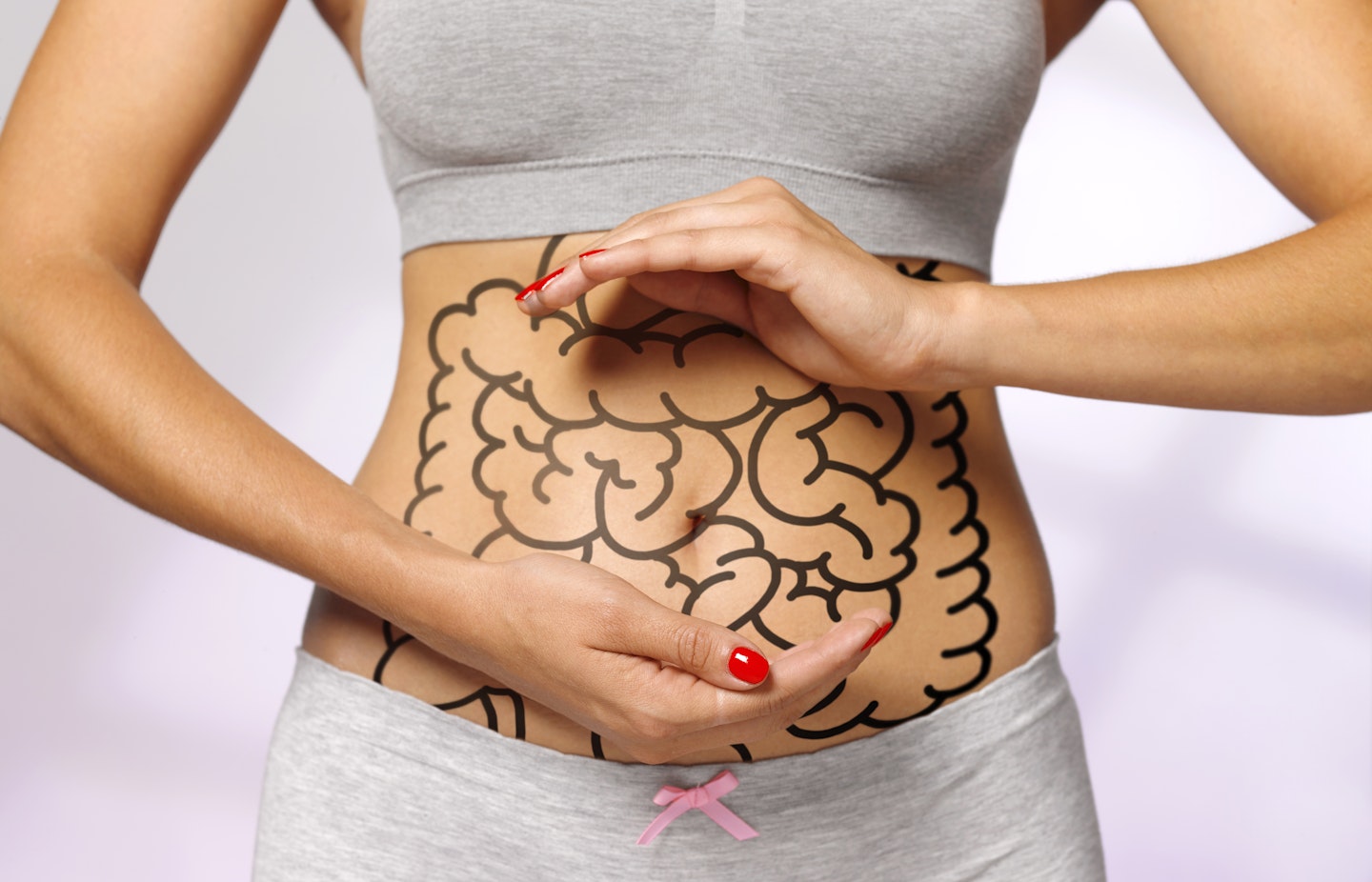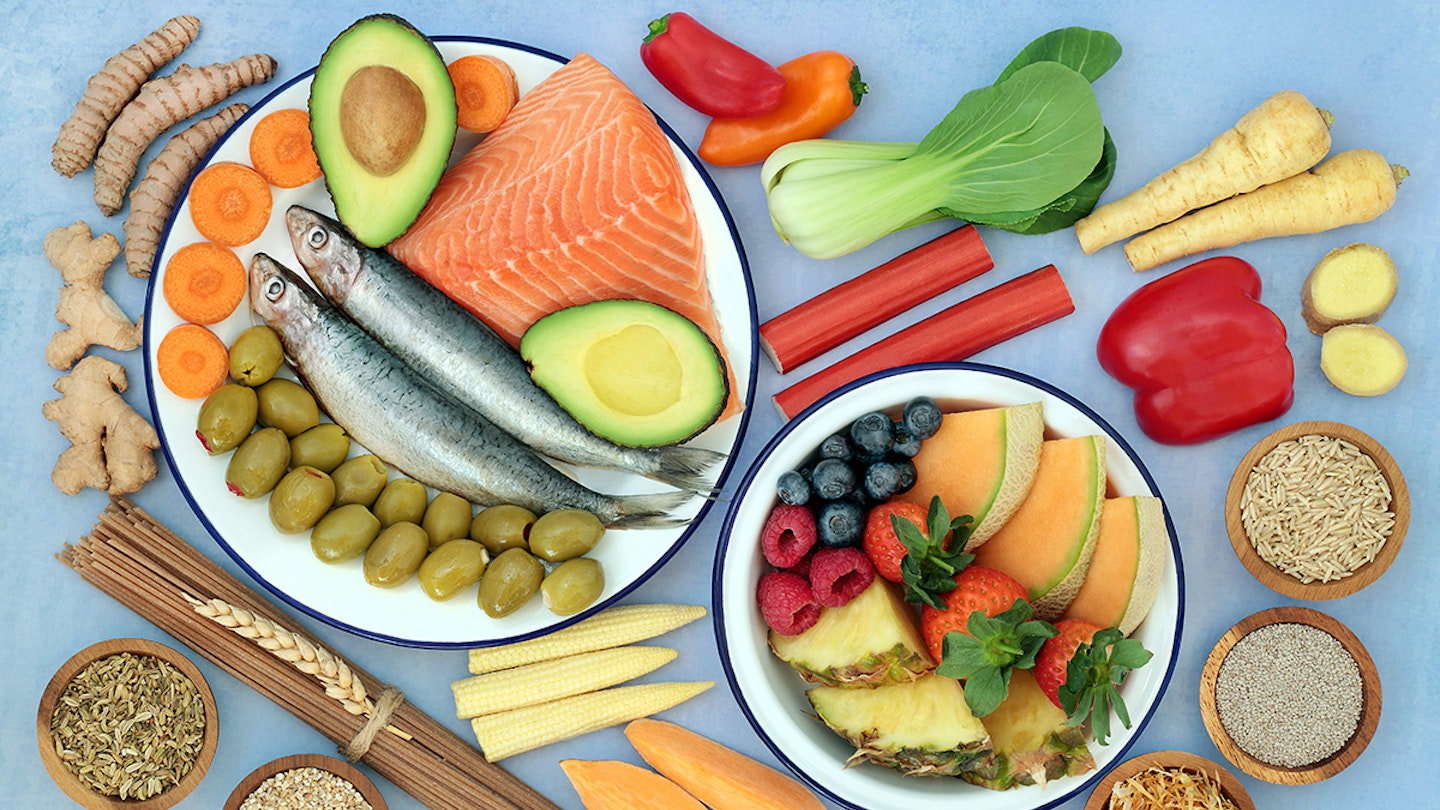Irritable bowel syndrome is a condition that affects your digestive system causing you to experience symptoms such as stomach cramps, diarrhoea, bloating and constipation. Although these symptoms can come and go, IBS is usually a lifelong problem, which can make everyday life difficult.
While there’s no cure for IBS, watching what you eat (as well as avoiding other things such as alcohol and caffeine) is really important to help relieve symptoms. Here we outline what foods you should eat and avoid if you suffer from IBS, as well as some IBS diet styles.
Foods to avoid for IBS
Below are a list of foods that can upset your stomach if you suffer from IBS and are best to avoid:
• Lactose (milk, ice cream, cheese, yogurt), only if you can’t tolerate lactose
• Certain fruits (watermelon, mangoes, peaches, apples, plums, nectarines, pears)
• Wheat-based bread, cereals, and pasta
• Legumes (chickpeas, kidney beans, lentils)
• Any foods containing the sweetener ‘sorbitol’
• Certain vegetables, such as broccoli, onions, Brussels sprouts, artichokes and asparagus (these foods are hard to digest)
Some of these foods may affect you more than others. The NHS advises to keep a food diary so you can track what triggers your IBS, so it’s easier to avoid. They also suggest to schedule in plenty of exercise, drink lots of fluids and to cook homemade meals.
Foods to eat for IBS
Below are a list of foods the NHS recommends to help ease bloating, cramping, farting and constipation:
• Oats (such as porridge)
• Linseeds (whole or ground), you should eat up to one tablespoon a day
• Increase the amount of soluble fibre, including carrots, pulses and peeled potatoes
IBS diet: Low FODMAP diet

This is a diet that some doctors or dieticians may recommend trying if you suffer from IBS. It stands for ‘fermentable oligosaccharides, disaccharides, monosaccharides, and polyols’ - but it is basically a diet that avoids certain carbs that are hard to digest. It doesn’t work for everyone, but a 2017 study found that those who ate a low FODMAP diet relieved symptoms in 70% of its participants.
Not to get confused, the FODMAP diet is an elimination diet, where you temporarily restrict high FODMAP foods and then gradually reintroduce them to see which ones may be flaring up your IBS.
Here's a list of a foods from the National Institue of Diabetes and Digestive and Kidney Diseases that contain FODMAPs:
• Fruits such as apples, apricots, blackberries, cherries, mango, nectarines, pears, plums, and watermelon, or juice containing any of these fruits
• Canned fruit in natural fruit juice, or large amounts of fruit juice or dried fruit
• Vegetables including artichokes, asparagus, beans, cabbage, cauliflower, garlic and garlic salts, lentils, mushrooms, onions, and sugar snap or snow peas
• Dairy products including milk, milk products, soft cheeses, yogurt, custard, and ice cream
• Wheat and rye products
• Honey and foods with high-fructose corn syrup
• Products with sweeteners ending in 'ol' such as sorbitol, mannitol, xylitol, and maltitol
Gluten-free diet
Cutting out gluten is another diet style doctors may recommend to see if this helps relieve IBS symptoms. Foods that include this are mainly pasta, grains, cereals and processed foods and people who suffer with IBS can sometimes experience their symptoms flare up after consuming these. If you doctor does recommend this, don't panic, there are so many gluten-free alternatives available at your local supermarkets, including Tesco, Sainsbury's, Asda and many more.
You can find out more about IBS diet via this 35 minute video put together by NHS dieticians.
Further help and support for IBS
• The IBS Network - this is a national charity for those with IBS, offering advice and support.
• Private dieticians - if you'd like to try seeing a private dietician to help with your IBS the most important thing is to make sure they're registered with the British Dietetic Association (BDA). You can find BDA approved dieticians here.
• GP prescribed medicines - there are over the counter productsthat can help relieve IBS and help with diarrhoea, however if these don't work your GP may prescribe you amitriptyline or citalopram. These are two types of antidepressants that can ease IBS symptoms.
{#h-}
